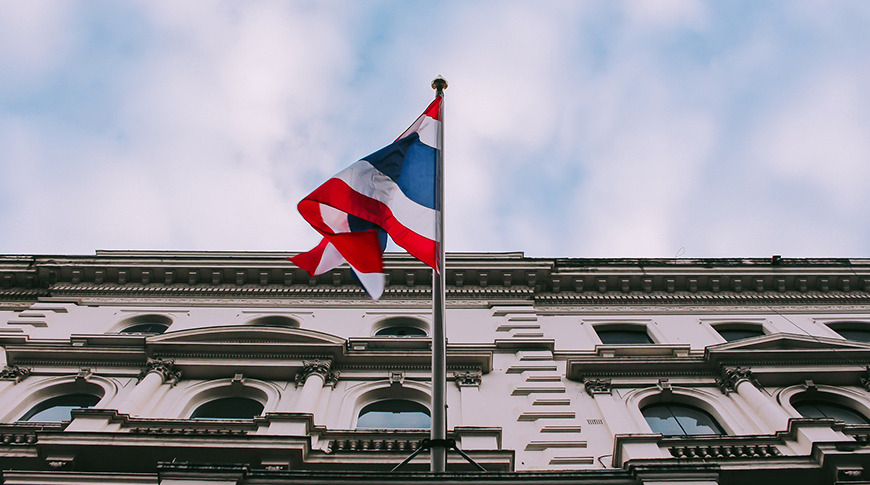Thailand is the latest country to introduce legislation requiring digital service providers to pay taxes on digital goods, hoping to boost revenue from tech industry giants like Apple, Google, and Amazon.
The taxes are called "value-added taxes" — or VATs for short — and are hardly new. In 2018, Armenia, Belarus, Turkey, Saudi Arabia and United Arab Emirates instated VATs on digital goods, ranging from 5% to 20%. Barbados, Moldova, and Uzbekistan all charge value-added taxes on digital goods as of this year.
Thailand's proposed value-added tax would require tech companies that earn more than 1.8 million baht ($57,434.59) to pay Thailand 7% on any digital goods sold to Thai citizens. The tax could provide as much as 3 billion baht, or $94.72 million, to Thailand's government, according to Reuters.
Digital goods, such as purchases from Apple's App Store, video and music streaming services like Netflix and Spotify, and online game services like Steam and Epic would be affected. It can be assumed that companies like Apple will raise prices on digital services to offset the tax.
"These businesses would've had to pay VAT if they had been Thai, which is unfair," said deputy government spokeswoman Ratchada Thanadirek.
The VAT bill has yet to be voted on by Thailand's parliament.
"Anyone who makes money from Thai people should pay taxes to the country," Thanawat Malabuppha, president of the Thai e-Commerce Association, told Reuters.
 Amber Neely
Amber Neely








 Marko Zivkovic
Marko Zivkovic
 Christine McKee
Christine McKee

 Malcolm Owen
Malcolm Owen



 Andrew O'Hara
Andrew O'Hara








9 Comments
I don’t have a problem with it.
For example, this VAT could go to expanding internet access to poorly served areas, basic internet to the poor, etc.
Money that’s not earmarked for something tends to disappear... Gold toilets anyone?
"Anyone who makes money from Thai people should pay taxes to the country," Thanawat Malabuppha, president of the Thai e-Commerce Association,
Actual what he meant to say was any thai citizen who buys digital content needs to pay taxes too its government. Apple is not paying this, the consumer pays. Apple just tacks it on at the end. No company pays these taxes consumers pay.
Keep in mind in the past, consumers paid VAT or sales taxes to cover all infrastructure costs consumers and companies benefited from to get product they just bought to market. This is not true with digital content. Apple and consumers use very little infastruture, if you do it's already covered your internet fees everyone is paying.
Government is collecting a tax for no added benefit.